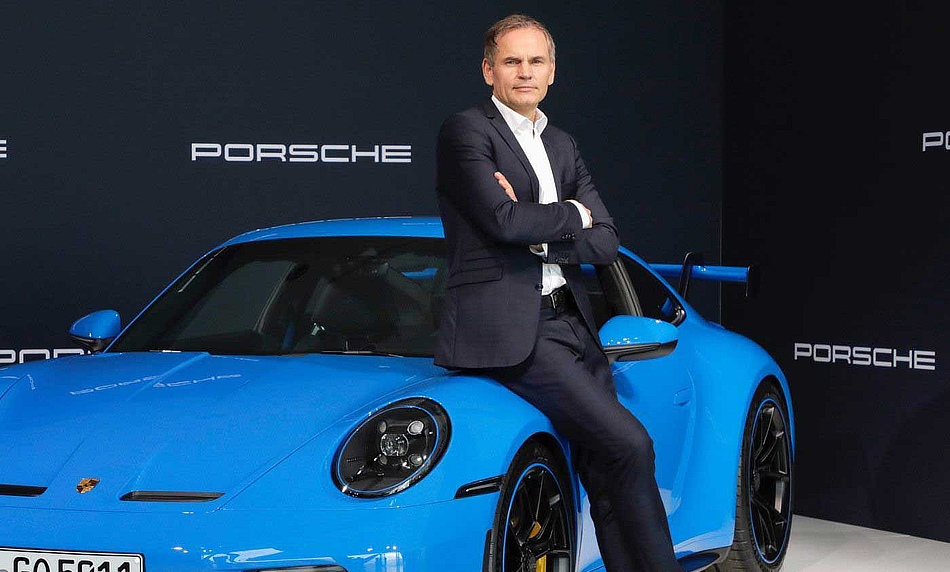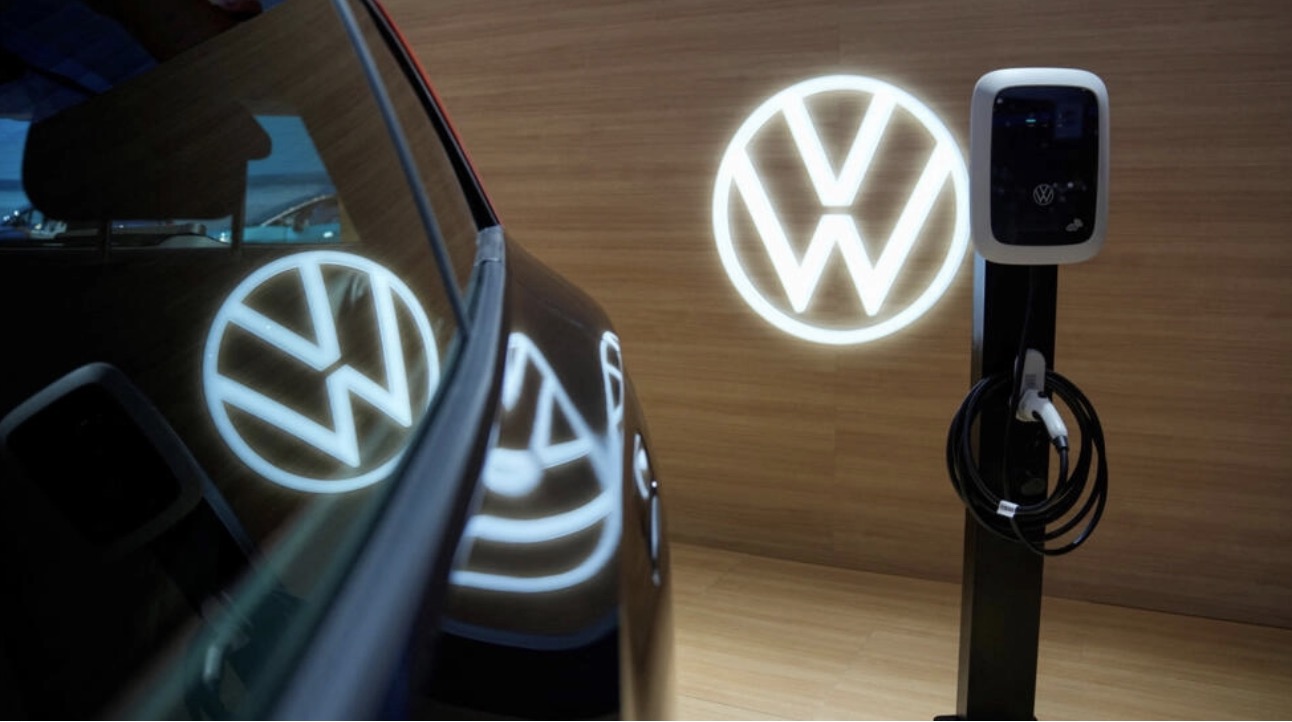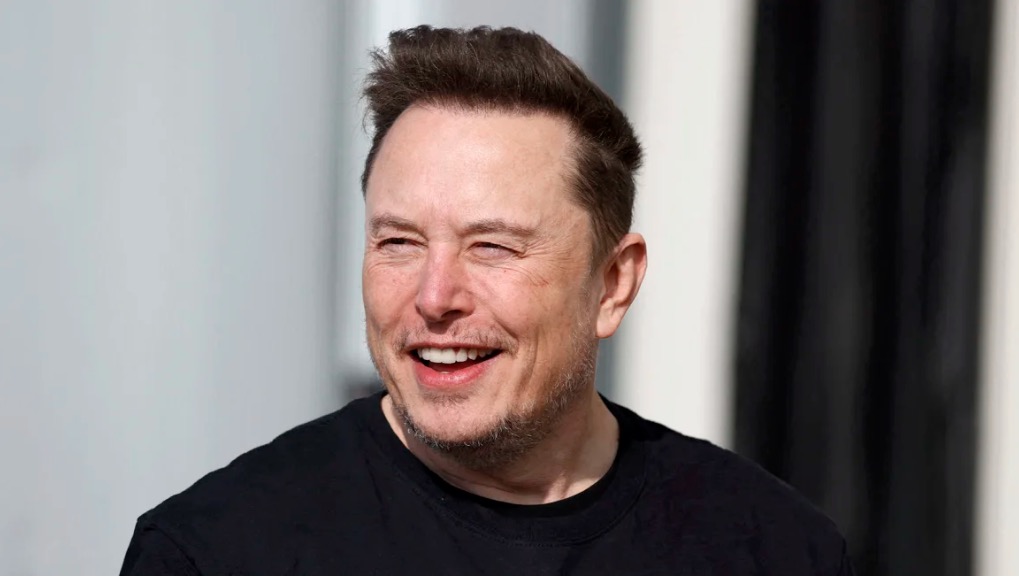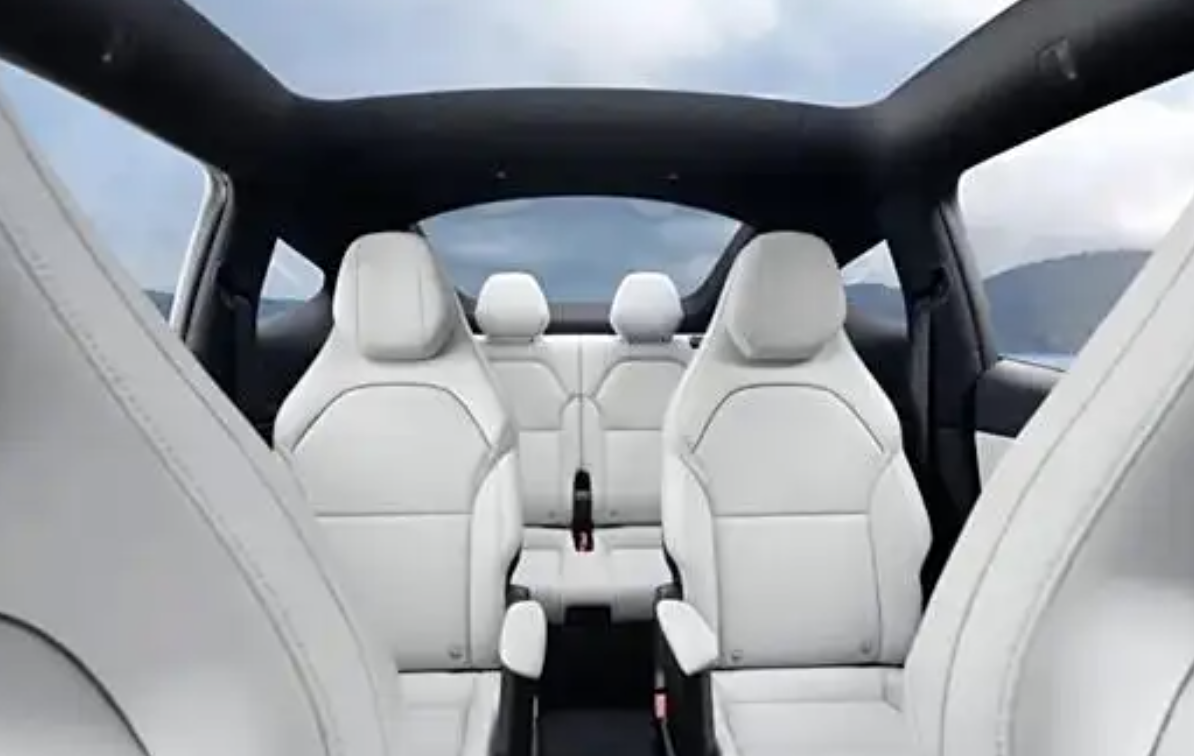AutoTimes reports that Volkswagen’s labor union intensified pressure on Tuesday, demanding that CEO Oliver Blume relinquish his dual leadership roles. Currently, Blume serves as CEO of Volkswagen Group while also holding the position of CEO at Porsche AG.
According to available information, Oliver Blume was born in Braunschweig, Germany, and holds a PhD from Tongji University. He joined Volkswagen Group in 1994 and has held management positions at Audi, SEAT, Volkswagen, and Porsche. In 2015, he became Chairman of Porsche’s Executive Board, and in 2018, he joined Volkswagen’s Group Management Board.
Back in 2018, when Herbert Diess was Volkswagen Group CEO, the company restructured its brand portfolio, categorizing its 12 brands into three segments: volume (Volkswagen, SEAT, Škoda), premium (Audi), and super-premium (Porsche, Bentley, Lamborghini, Bugatti). Each segment was overseen by Diess, Stadler, and Blume, respectively. In September 2022, Blume succeeded Diess as CEO of Volkswagen Group, becoming the rare executive to lead two major automotive brands simultaneously. During his tenure, he spearheaded Porsche’s IPO, advanced the group’s electrification strategy, announced €10 billion in cost reductions by 2026, closed three German factories, and ended an employment protection agreement. He also drove Volkswagen’s cooperation with XPeng in China, setting up an R&D center and planning 15 new models tailored for the Chinese market. However, his dual roles have raised ongoing concerns among investors about management efficiency.
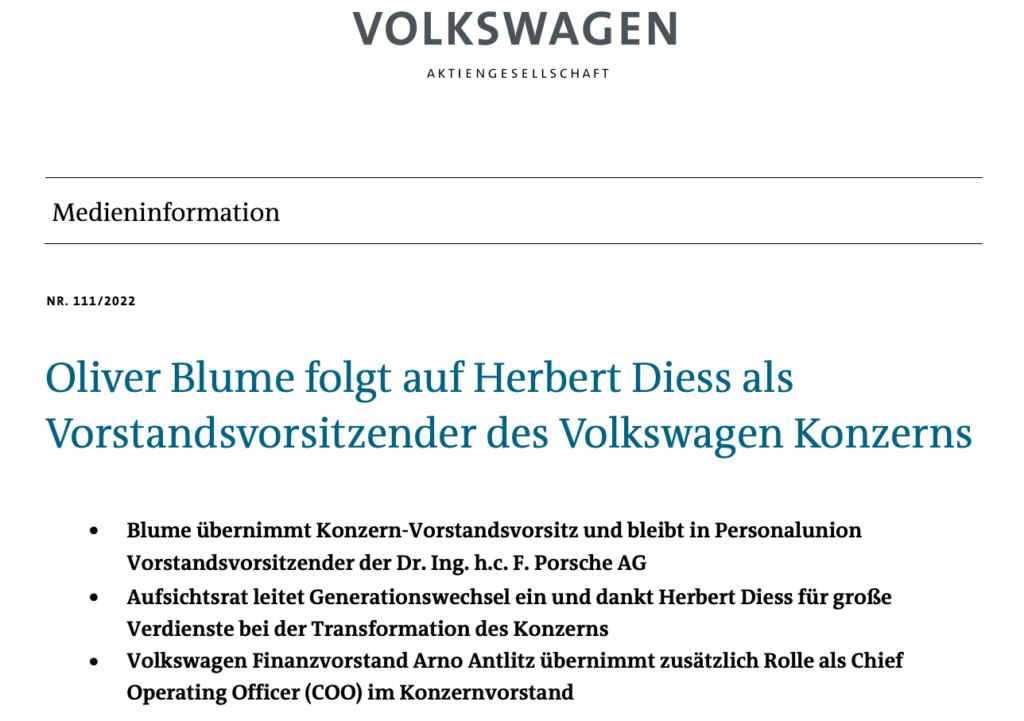
Since Porsche’s IPO in September 2022, Blume’s “dual CEO” role has been a point of contention for shareholders. While he has said the dual arrangement is not permanent, he has not provided a timeline for stepping down. In May this year, amid declining performance, some investors renewed calls for him to resign from one of the roles. Foreign media have reported that Porsche has already begun searching for Blume’s successor, signaling the possible end of his dual leadership at Volkswagen and Porsche.
Porsche is at a critical turning point. The company faces sluggish demand in China, slow progress in its EV transition, and the impact of rising U.S. tariffs. As a result, Porsche has lowered its full-year profit guidance.
Financial results show that in the first half of 2025, Porsche posted €18.16 billion in revenue, down 6.7% year-on-year. Operating profit fell 67.1% to €1.01 billion, with automotive business profit dropping to €800 million. Return on sales (RoS) plummeted from 15.7% last year to just 5.5%.
Global sales reached 146,400 units in the first half, down 8.8% year-on-year. Germany and China saw steep declines of 23% and 28%, respectively. Across key markets, Porsche faced shrinking market share due to economic uncertainty in Europe, shifting EV demand, and intensifying competition in China from domestic premium brands with advanced battery technology and localized features.
In its strategic update, Porsche emphasized a parallel approach with internal combustion engines (ICE), plug-in hybrids, and EVs until 2030. Cayenne and Panamera will continue with ICE to extend their lifecycle, with localized infotainment options for China. The 911 will remain ICE-centered but add hybrid variants. The next-generation 718 EV, originally slated for 2025, may be delayed to 2027 due to supply issues at battery maker Northvolt. Meanwhile, the ultra-premium all-electric SUV “Project K1,” planned for the decade’s end, is under review for possibly including an ICE option, with final direction pending market response.
For Porsche, 2025 has become one of the toughest years in recent history. Operating profit plunged from €3.06 billion last year to €1.01 billion, and RoS dropped from 15.7% to 5.5%, levels not seen in a decade. This disappointing performance forced multiple downward revisions of its full-year guidance, with RoS expectations cut from 10–12% to just 5–7%.
Under mounting pressure, Porsche launched a “Recalibration Plan,” aiming to cut 3,900 jobs by 2029 through natural attrition and hiring restrictions. The company will increase investment in customization services such as Exclusive Manufaktur, seeking to raise that segment’s share of revenue from 8% to 15%. At the same time, Porsche is shifting away from a “EV-first” strategy to a “multi-powertrain” approach, extending ICE and hybrid model lifecycles. Yet doubts remain whether these measures will succeed, as U.S. tariffs, weak Chinese demand, and lagging EV competitiveness could continue to weigh on Porsche in the coming years.
